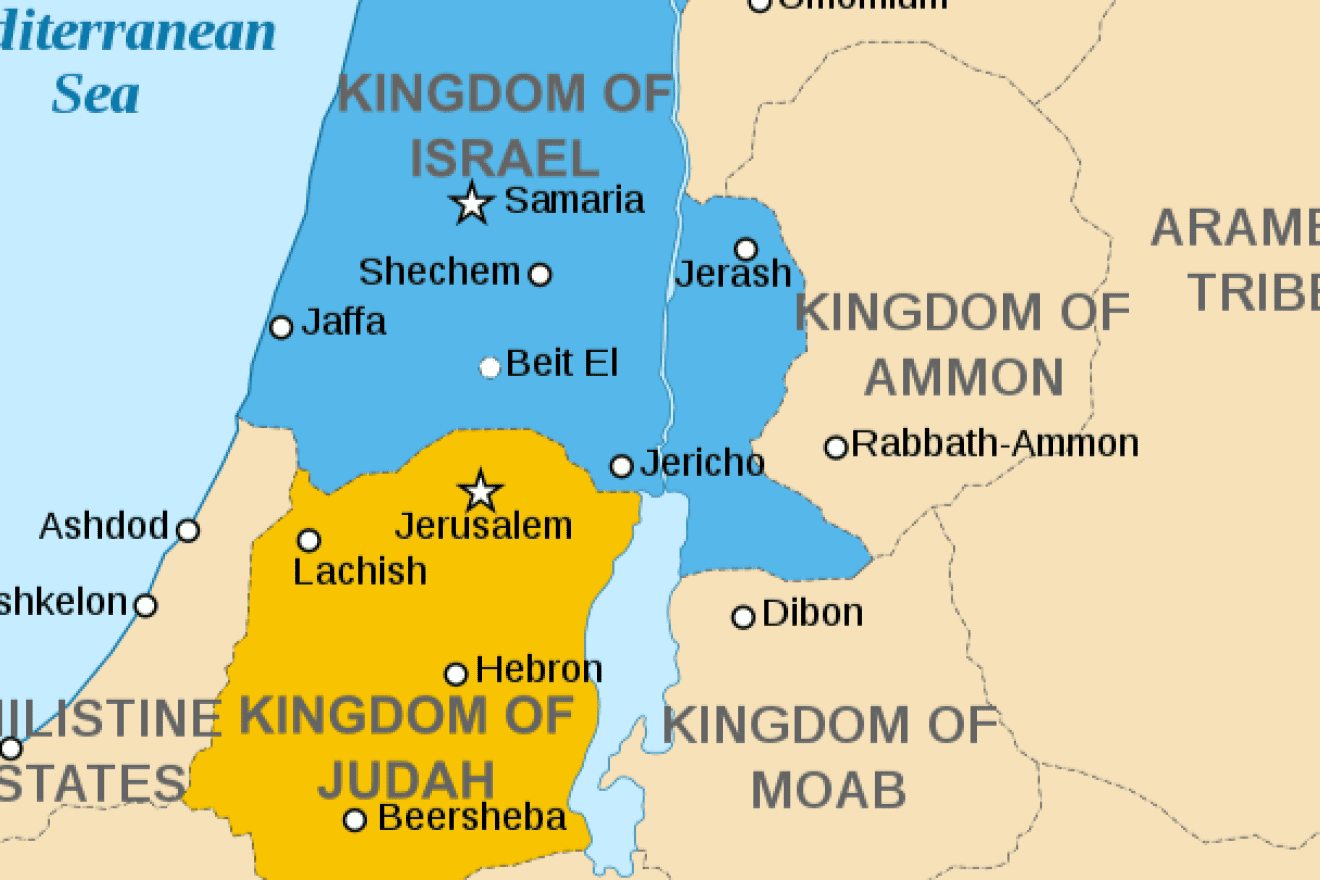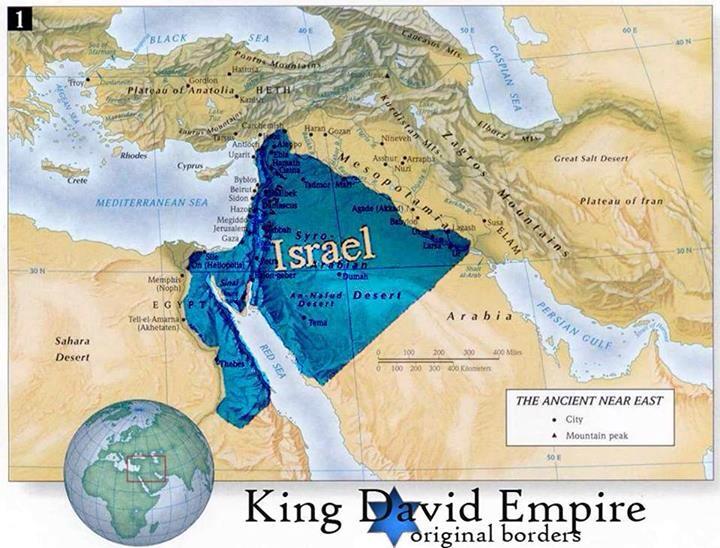I became your enemy because I tell you the truth
“You can fool some of the people all the time and all the people some of the time,
but you can’t fool all the people all the time.” A. Lincoln
The Torah, the sages and modern politicians all wrestled with the question of where the borders of Israel truly lie.

“Rabbi, what are Israel’s actual borders?” It was a basic question for a Zionist educator and rabbi. The Torah lists Israel’s borders in several places, our sages discussed the legal ramifications of the issue and early Zionists printed maps with the borders clearly displayed. But I realized that I didn’t have a clear answer to the question.
In speeches, columns and interviews, former U.S. Ambassador to Israel David Friedman repeatedly discussed Israel’s borders. “A grown-up nation decides for itself, by itself, what is best for its citizens,” he has said. “Respect yourselves and your right—I would say your sacred obligation—to chart the right course for the Jewish state. That’s what a grown-up nation does.”
“Some will say it’s the Jordan River; some will say it’s the Armistice Line of 1949; some will say it’s the settlement blocs—whatever that means, plus a strip along the river for national defense,” Friedman added.
In effect, Friedman pointed out that, after 75 years, Israel still doesn’t have defined borders.
The Bible discusses the borders of the Land of Israel three times. In Genesis, God promises Abraham an expansive land that seems to stretch from the Mediterranean Sea to a location in Western Iraq. These borders are often referred to as “greater Israel.” In Numbers, more limited borders, which resembles Israel’s current borders, are described. In Deuteronomy, a promise is made that the limited borders will eventually be expanded.
These borders are important for reasons beyond their religious significance. They are the borders Jews looked to when establishing the ancient Jewish states and modern Israel.
In the Mishna, Talmud and works of medieval scholars, Israel’s borders are discussed in detail. Questions are asked regarding everything from the role of the Cohanim to whether one can leave the land, whether fruits must be tithed and the differences in borders set by those who left Egypt versus those set by returnees from the Babylonian exile.
The consensus view of the rabbinical scholars appears to be that until the messianic age, the borders of Israel will be constricted. Only in messianic times, when the Jewish people merit a greater expanse of land, will the borders of Israel extend to those listed in Genesis.
After the first two Jewish commonwealths were destroyed, no borders were drawn for what came to be called Palestine. It was only when the victors of World War I gathered to outline a new world order that drawing the borders of Palestine became a concern. At its inception, the British Mandate for Palestine included what is today Israel and Jordan. It wasn’t until 1923, with the creation of Jordan, that Palestine was restricted to the area between the Mediterranean Sea and the Jordan River.
Early Zionist leaders did not prioritize marking the borders of Israel. Before the founding of the state, Revisionist Zionists like Ze’ev Jabotinsky and Menachem Begin published maps that included today’s Jordan and referred to it as “Greater Israel.” When the U.N.’s partition plan was presented to Zionist leaders in 1947, they were disappointed by the small percentage of the land the Jewish people were given, but did not give up hope for a greater Israel.
In a speech he delivered in 1937, David Ben-Gurion said, “The acceptance of partition does not commit us to renounce Transjordan: one does not demand from anybody to give up his vision. We shall accept a state in the boundaries fixed today, but the boundaries of Zionist aspirations are the concern of the Jewish people and no external factor will be able to limit them.”
In an address to the Israeli cabinet after the founding of the state, he stated, “Why should we obligate ourselves to accept boundaries that in any case the Arabs don’t accept?”
In a letter to his son, Ben-Gurion wrote, “My assumption (which is why I am a fervent proponent of a state, even though it is now linked to partition) is that a Jewish state on only part of the land is not the end but the beginning.”
In Israel’s 1948 War of Independence, Israel took approximately 20% more land than the partition plan had given the Jews. When Israel’s Arab neighbors attacked again in 1967, Israel won the war and quadrupled its size by taking control of the Sinai, the Gaza Strip, Judea and Samaria, and the Golan Heights. Israel gave up the Sinai in the early 1980s, control of certain cities in Judea and Samaria in the 1990s and withdrew completely from Gaza in 2005.
Today, there are no significant Israeli political parties or movements that aspire to expand Israel’s borders in the near future. Israel’s enemies frequently claim that Israel is aiming to establish a greater Israel that extends deep into the Arab Middle East. Unfortunately, many people around the world believe this false narrative.
As Ambassador Friedman said, Israel’s borders, especially on its eastern flank, have not been set. While borders are ultimately a political decision left to the country’s leaders, it might be better to leave Israel’s borders ambiguous for now and keep the status quo in place. Only time will tell.
All it takes for Evil to triumph is for good people to do nothing
https://www.jns.org/column/israels-borders/23/9/3/315710/?_se=d2VuZHlydDEwMEBnbWFsLmNvbQ%3D%3D&utm_campaign=Morning+Syndicate+942023&utm_medium=email&utm_source=brevo
Michael Loyman
